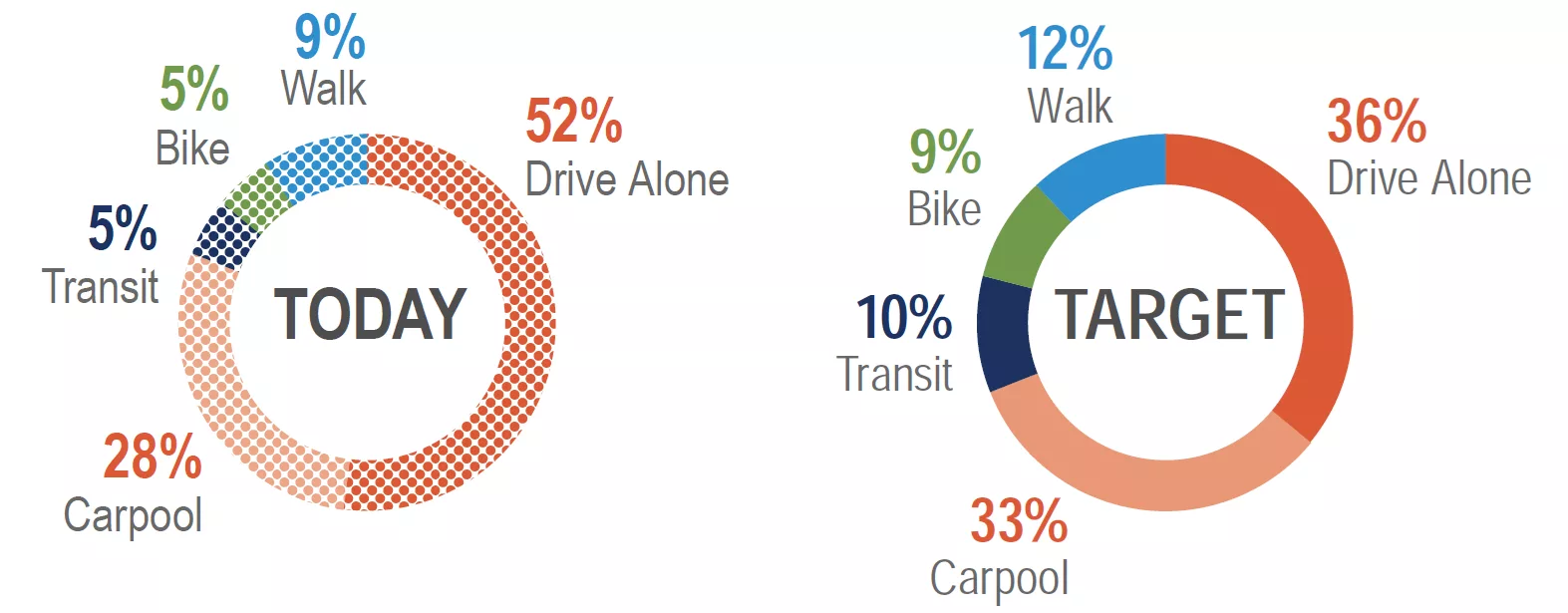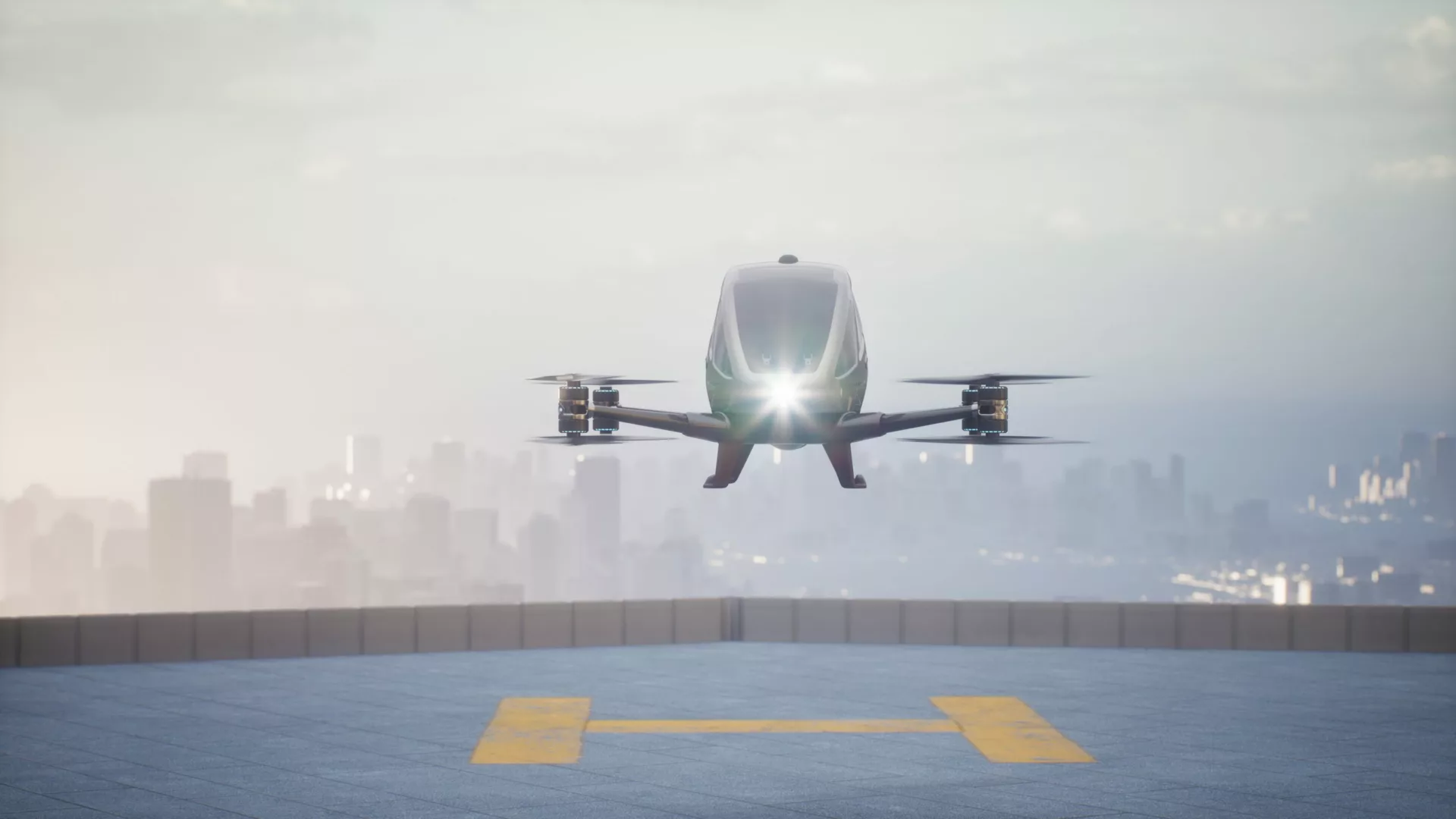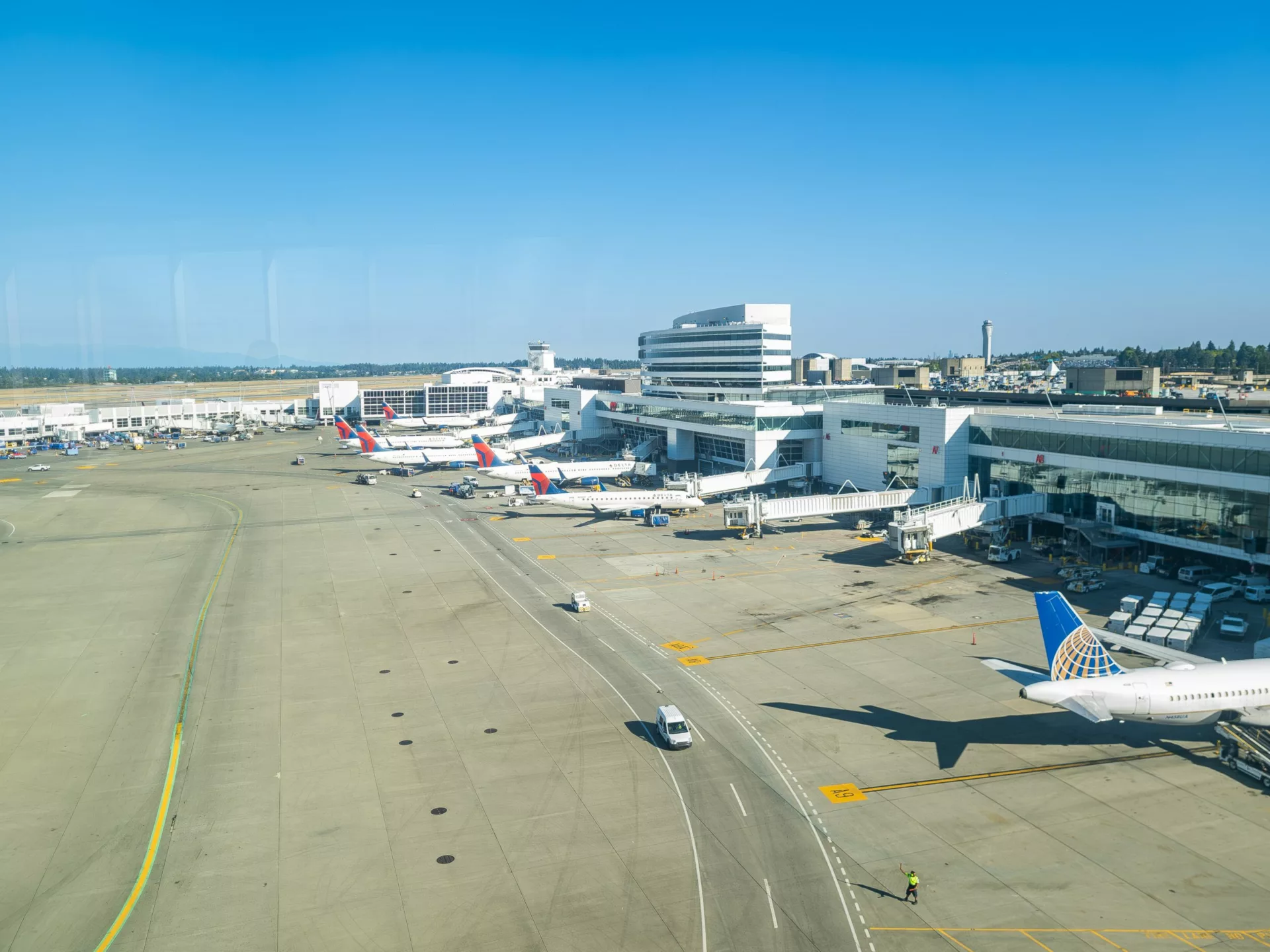As part of developing Park City Forward, its long-range transportation plan (LRTP), Park City, Utah, set out to create a clear, data-driven vision for future mobility in this iconic mountain community. Recognizing that traditional travel surveys often miss the nuances of short-distance, local travel, Park City and its consultant team, including RSG, turned to rMove®, the world’s most accurate approach for location-aware market research. Unlike transportation plans that rely on coarse, regional datasets, Park City Forward was grounded in fine-grained, community-specific data. The result was not only a robust, actionable travel dataset but a demonstration of rMove’s versatility and strategic utility in a long-range planning context.
The Challenge
Park City’s dual identity as a small-town community and a global recreational destination creates unique transportation challenges. Seasonal population spikes, heavy visitor volumes, and an evolving need for sustainability, especially around reducing vehicle miles traveled (VMT) and boosting nonauto mobility, further complicate planning efforts.
The City lacked recent, high-resolution data showing how residents and visitors actually move—from neighborhoods to ski resorts to regional gateways. Conventional data sources such as decennial surveys or regional models were not sufficiently detailed to inform locally tailored policies. At the same time, Park City wanted a planning process that reflected its values, including innovation, inclusivity, and a commitment to monitoring change over time. This set the stage for a dual challenge: deliver detailed, representative data on real-world travel behaviors and use that data to inform performance measures, modal targets, and investment priorities in the LRTP.
RSG’s Solution
To meet Park City’s goals, RSG deployed rMove as a foundational element of the LRTP process. rMove delivered GPS-logged travel patterns enriched with in-app trip purpose and mode surveys, offering both precision and context for planners. RSG invited over 10,000 Park City property owners to participate, collecting data across a three-day window in December 2018. This timing aligned with key recreational and commuting patterns, ensuring the dataset reflected the community’s complex travel dynamics.
To enhance inclusivity, RSG provided bilingual recruitment and survey materials, a simplified paper version of the survey, and conducted in-person interviews with seniors at the Park City Senior Center. These analog surveys were geocoded and integrated into the rMove dataset, ensuring that insights captured the full diversity of Park City travelers.
The final dataset supported several key components of the LRTP:
- Performance Baseline: rMove established existing mode share, trip lengths, and VMT benchmarks.
- Target Setting: The City used the data to set realistic but aspirational mode share goals at key destinations.
- Model Validation: The dataset served as a benchmark to calibrate the Summit County Regional Travel Model, aligning observed travel with modeled projections.
- Repeatability: RSG provided a scalable framework that allows Park City to repeat the survey in future years, enabling ongoing monitoring and adaptation.
The outcome of Park City Forward demonstrates how rMove can deliver deeper insights and strategic value well beyond traditional survey applications or commercial data vendors. By embedding rMove into its planning process, Park City gained the clarity it needed to connect data to action, defining a roadmap toward a more connected, equitable, and sustainable future. The project also delivered methodological rigor and strategic insights to the client, helping the Park City community make confident, data-driven transportation investments.






